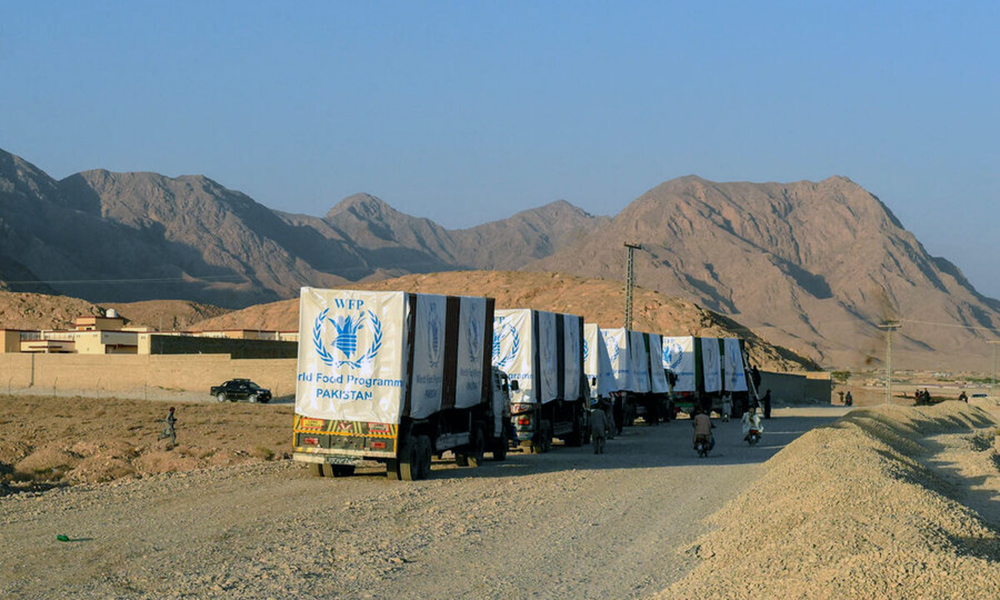The World Food Program (WFP) says that about 3,500 tons of soybean-wheat mixture is stuck on the Pakistan-Afghanistan border.
This United Nations agency said: “Further delay in transit [soybean wheat mix] is a significant risk for about 378,000 pregnant women who will be helped under the malnutrition treatment program.”
The WFP said that based on forecasts, 15.8 million people will be severely food insecure between November 2023 and March 2024, of which 3.6 million people will be in an emergency situation.
This UN agency added that four million people, including 3.2 million children under the age of five, are suffering from acute malnutrition.
The World Food Program added that it sent more than 25,000 metric tons of mixed food throughout Afghanistan, reaching 99 percent of its goal in January, and about 43,000 metric tons of food is now available in WFP warehouses inside Afghanistan.
According to this department, there are 34,000 metric tons of food in the warehouses of the World Food Program abroad, which are being transferred to Afghanistan, or are supposed to be transferred to this country.
United Nations statistics show that 23.7 million Afghans need humanitarian aid this year, and aid organizations can only cover 17.3 million people.
No reason for the delay in crossing the border was however given.













